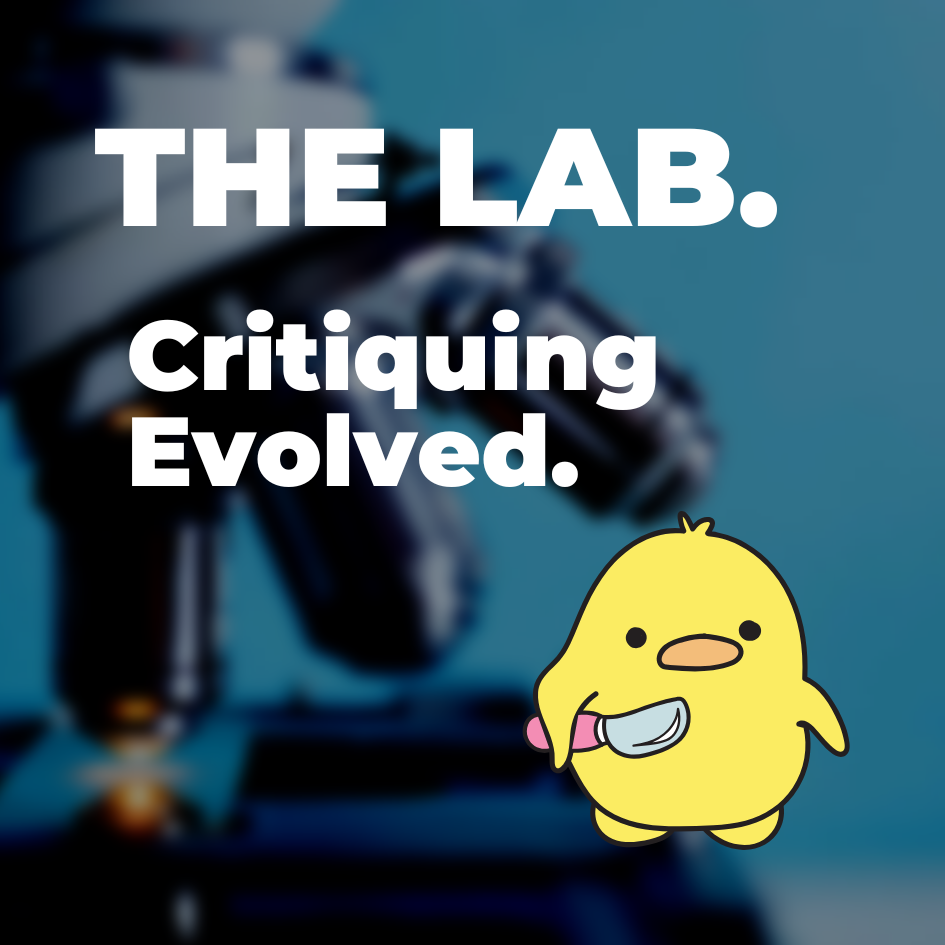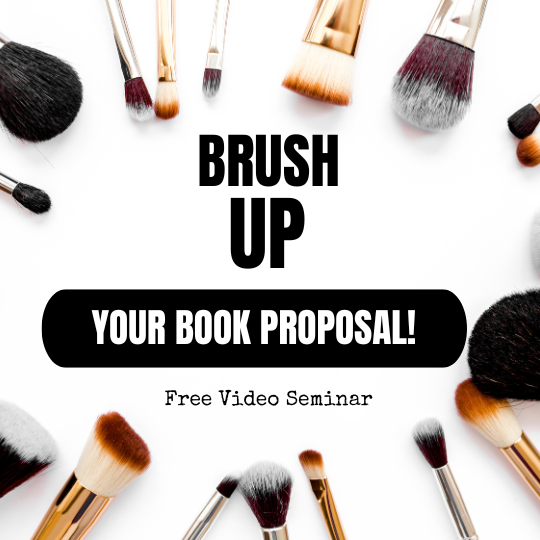- Feb 3, 2024
- LitBits
- 0
New blog post by Claire G – discussions in this thread, please
---
I’m Fine
Whenever I meet someone new, I try to learn their language. I don’t mean French or German; I mean things like what they convey without actually saying the words, or the way they might say something but mean something different.
For the latter, take “I’m fine” as an example. It can mean different things in different contexts depending on how it’s spoken and the intention behind the words:
*I really am fine
*I’m not terrible, but I’m not great either
*I’m not fine/I’m angry/I’m trying not to cry/I don’t want to upset you
The subtleties and nuances of language, coupled with signals like body language, facial expression and tone, fascinate me. The way we as humans recognise what is not being said (and what can actually mean the opposite, as in the example of “I’m fine” and sarcasm) takes acute perception. What interests me too is when people don’t pick up on a hidden or double meaning – when writing, this can be a great way to characterise or cause tension in dialogue.
Everything is Awesome
(The LEGO Movie song – if you know, you know!)
From cliffnotes.com:
‘George Orwell’s well-known dystopian novel, Nineteen Eighty-Four, opens with the following statement that should seem out of the ordinary:
It was a bright cold day in April, and the clocks were striking thirteen.
The thirteenth stroke here doesn’t refer to military time but to an old saying. References to a thirteenth stroke of the clock indicate that some event or discovery calls into question everything previously believed. Put another way, the thirteenth stroke of the clock calls into question not only the credibility of itself but of the previous twelve.
But notice in this opening line that it isn’t just one clock malfunctioning, but the clocks. Presumably all of them. In this world, the clocks striking thirteen is not an aberration, but a normal way of life.
In this way, Orwell subtly alerts the reader that statements of truth in this fictional society should be called into question.’
Here, Orwell cleverly demonstrates that everything about the world we are about to discover is absolutely not fine. He does this in one sentence. Genius.
Economy of Language
Jonas was careful about language. Not like his friend Asher, who talked too fast and mixed things up, scrambling words and phrases until they were barely recognizable and often very funny.
(from The Giver by Lois Lowry)
This quote is an example of great, contrasting characterisation. But I’m going to focus on the statement, ‘Jonas was careful about language’.
I’ve written a couple of short stories which have been described as economical in style – meant as a positive. I’ve been thinking about the mechanics of writing in this way (e.g. using short sentences and fewer adjectives), as well as why being sparse with words can be incredibly effective, even powerful.
If you can convey meaning in as few words as possible, without the floweriness of purple prose, the impact is that it can portray a deeper sense of gravitas and pack a greater emotional punch. It can do a better job of retaining the reader’s attention, rather than causing them to skim over lots of overt description.
Less is More
Below is an extract from one of my stories, Blossoming. I’m not saying it’s perfect, but I wanted to illustrate what I mean regarding conveying meaning without spelling it out overtly, but rather by what the reader can infer.
You’re the one with green fingers. He just likes to sit and drink his beer in the sunshine. Today he’s watching you plant marigolds. Calendula officinalis.
You hear your neighbours laugh, smell barbequing meat. You wonder if they know.
“Make sure you don’t track dirt into the kitchen again,” he says. The bottle clanks as he places it down on the patio table.
You turn your face in his direction. Nod once. In your peripheral vision, you see him stand and stretch his arms above his head.
“I’m going for a nap.”
You turn back to your task, listen as his footsteps recede. You breathe in through your nose, out through your mouth.
And of Course…
The title of this post could also relate to an author’s use of techniques such as ‘show not tell’. I’ve used this example before, but it’s a classic so I’m going to use it again:
‘Don’t tell me the moon is shining; show me the glint of light on broken glass.’ – Anton Chekhov.
In other words, evoke the scene without spelling out what’s happening. Trust the reader to infer your meaning (I’m preaching to myself here too).
I’d also give an honourable mention to synonyms (though they’re to be used with caution, for example in dialogue tags, which are often over-written. Just using ‘said’ is often the safest option).
Take weather as an example (because I’m British and I can’t not talk about it – incidentally, did you infer the humour from this? Dry humour is another way we say things ‘in other words’, but I digress!). So, you could say the day was windy, or you could say that it was blustery. There is a nuance to ‘blustery’ that makes it slightly different from ‘windy’; it’s a specific type of wind, one that comes and goes in gusts, often feeling like it’s hitting you from different directions. It’s a much more descriptive, evocative word, and while not an exact synonym perhaps, it’s a near-synonym (which is good enough).
Experience
I find all of this easier to apply in some genres than in others, e.g. psychological suspense lends itself well to a more economical style because the reader needs to infer and suspect, and there needs to be tension portrayed through what’s left unspoken and the use of short sentences.
I find that short stories, where you only have a small word count to convey a lot of meaning and pack a punch, can be a great way to practise economy and have really helped me to think about how to make every word matter.
In Summary
Trust your reader to infer meaning.
Don’t be afraid to experiment – it really does help you to hone your craft, even when something doesn’t work well, at least you’ve learned something.
Under-writing can be more powerful than over-writing.
Don’t be afraid to allow gaps in dialogue. Let the silences between words breathe with their own meaning. Think about including absences – what a character doesn’t say, as well as what they do say. The unspoken words can be more meaningful than the spoken.
Final Thoughts
What techniques do you use in your writing? Are there any I haven’t mentioned? Why are they effective?
Which authors are good at conveying meaning ‘in other words’? How do they do it? What’s the effect?
---
By @Claire G
Get the discussion going – post your thoughts & comments in the thread below…
---
I’m Fine
Whenever I meet someone new, I try to learn their language. I don’t mean French or German; I mean things like what they convey without actually saying the words, or the way they might say something but mean something different.
For the latter, take “I’m fine” as an example. It can mean different things in different contexts depending on how it’s spoken and the intention behind the words:
*I really am fine
*I’m not terrible, but I’m not great either
*I’m not fine/I’m angry/I’m trying not to cry/I don’t want to upset you
The subtleties and nuances of language, coupled with signals like body language, facial expression and tone, fascinate me. The way we as humans recognise what is not being said (and what can actually mean the opposite, as in the example of “I’m fine” and sarcasm) takes acute perception. What interests me too is when people don’t pick up on a hidden or double meaning – when writing, this can be a great way to characterise or cause tension in dialogue.
Everything is Awesome
(The LEGO Movie song – if you know, you know!)
From cliffnotes.com:
‘George Orwell’s well-known dystopian novel, Nineteen Eighty-Four, opens with the following statement that should seem out of the ordinary:
It was a bright cold day in April, and the clocks were striking thirteen.
The thirteenth stroke here doesn’t refer to military time but to an old saying. References to a thirteenth stroke of the clock indicate that some event or discovery calls into question everything previously believed. Put another way, the thirteenth stroke of the clock calls into question not only the credibility of itself but of the previous twelve.
But notice in this opening line that it isn’t just one clock malfunctioning, but the clocks. Presumably all of them. In this world, the clocks striking thirteen is not an aberration, but a normal way of life.
In this way, Orwell subtly alerts the reader that statements of truth in this fictional society should be called into question.’
Here, Orwell cleverly demonstrates that everything about the world we are about to discover is absolutely not fine. He does this in one sentence. Genius.
Economy of Language
Jonas was careful about language. Not like his friend Asher, who talked too fast and mixed things up, scrambling words and phrases until they were barely recognizable and often very funny.
(from The Giver by Lois Lowry)
This quote is an example of great, contrasting characterisation. But I’m going to focus on the statement, ‘Jonas was careful about language’.
I’ve written a couple of short stories which have been described as economical in style – meant as a positive. I’ve been thinking about the mechanics of writing in this way (e.g. using short sentences and fewer adjectives), as well as why being sparse with words can be incredibly effective, even powerful.
If you can convey meaning in as few words as possible, without the floweriness of purple prose, the impact is that it can portray a deeper sense of gravitas and pack a greater emotional punch. It can do a better job of retaining the reader’s attention, rather than causing them to skim over lots of overt description.
Less is More
Below is an extract from one of my stories, Blossoming. I’m not saying it’s perfect, but I wanted to illustrate what I mean regarding conveying meaning without spelling it out overtly, but rather by what the reader can infer.
You’re the one with green fingers. He just likes to sit and drink his beer in the sunshine. Today he’s watching you plant marigolds. Calendula officinalis.
You hear your neighbours laugh, smell barbequing meat. You wonder if they know.
“Make sure you don’t track dirt into the kitchen again,” he says. The bottle clanks as he places it down on the patio table.
You turn your face in his direction. Nod once. In your peripheral vision, you see him stand and stretch his arms above his head.
“I’m going for a nap.”
You turn back to your task, listen as his footsteps recede. You breathe in through your nose, out through your mouth.
And of Course…
The title of this post could also relate to an author’s use of techniques such as ‘show not tell’. I’ve used this example before, but it’s a classic so I’m going to use it again:
‘Don’t tell me the moon is shining; show me the glint of light on broken glass.’ – Anton Chekhov.
In other words, evoke the scene without spelling out what’s happening. Trust the reader to infer your meaning (I’m preaching to myself here too).
I’d also give an honourable mention to synonyms (though they’re to be used with caution, for example in dialogue tags, which are often over-written. Just using ‘said’ is often the safest option).
Take weather as an example (because I’m British and I can’t not talk about it – incidentally, did you infer the humour from this? Dry humour is another way we say things ‘in other words’, but I digress!). So, you could say the day was windy, or you could say that it was blustery. There is a nuance to ‘blustery’ that makes it slightly different from ‘windy’; it’s a specific type of wind, one that comes and goes in gusts, often feeling like it’s hitting you from different directions. It’s a much more descriptive, evocative word, and while not an exact synonym perhaps, it’s a near-synonym (which is good enough).
Experience
I find all of this easier to apply in some genres than in others, e.g. psychological suspense lends itself well to a more economical style because the reader needs to infer and suspect, and there needs to be tension portrayed through what’s left unspoken and the use of short sentences.
I find that short stories, where you only have a small word count to convey a lot of meaning and pack a punch, can be a great way to practise economy and have really helped me to think about how to make every word matter.
In Summary
Trust your reader to infer meaning.
Don’t be afraid to experiment – it really does help you to hone your craft, even when something doesn’t work well, at least you’ve learned something.
Under-writing can be more powerful than over-writing.
Don’t be afraid to allow gaps in dialogue. Let the silences between words breathe with their own meaning. Think about including absences – what a character doesn’t say, as well as what they do say. The unspoken words can be more meaningful than the spoken.
Final Thoughts
What techniques do you use in your writing? Are there any I haven’t mentioned? Why are they effective?
Which authors are good at conveying meaning ‘in other words’? How do they do it? What’s the effect?
---
By @Claire G
Get the discussion going – post your thoughts & comments in the thread below…




